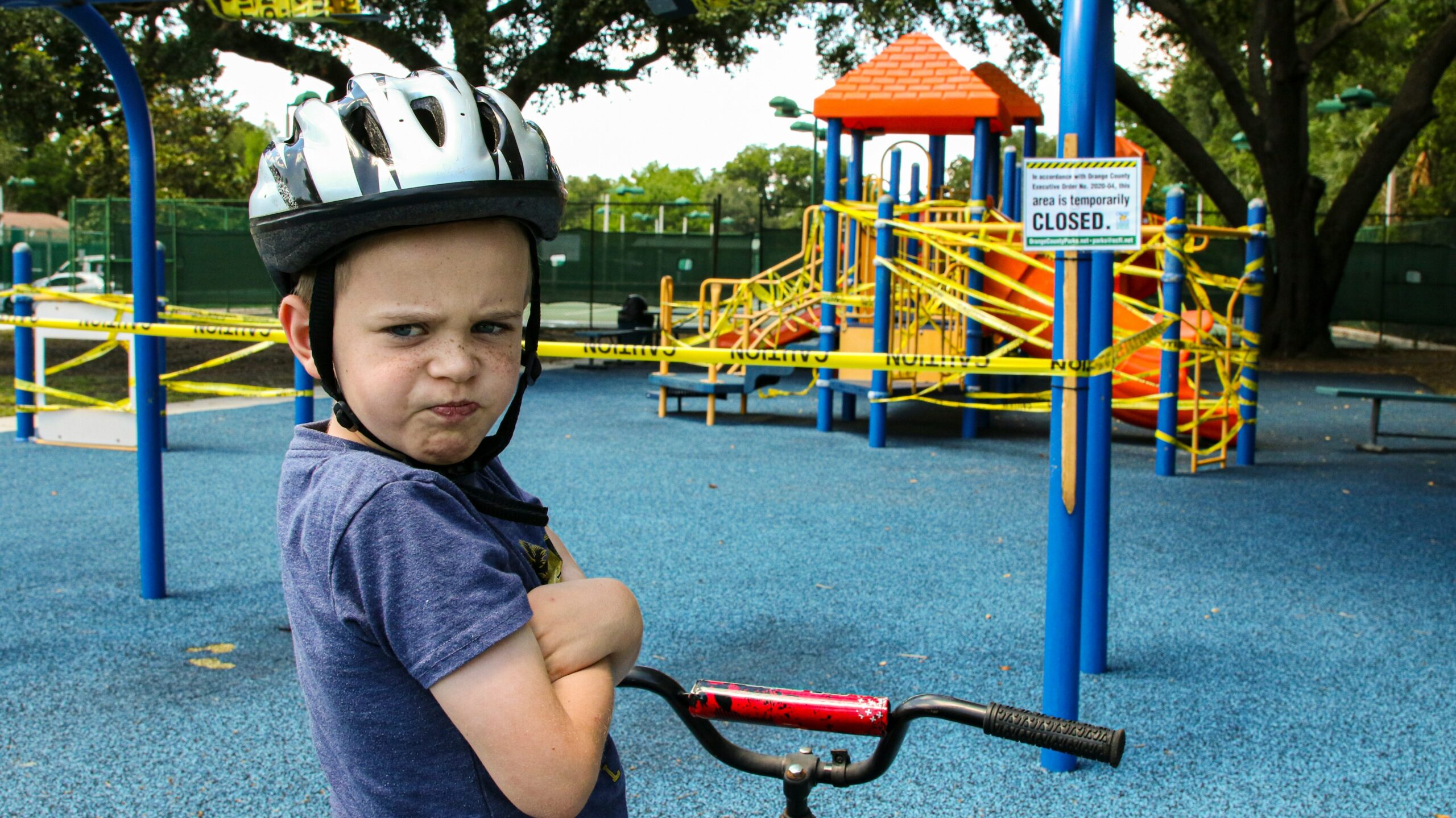
Oppositional Defiant Disorder – Everything You Need To Know
It is perfectly natural for children to be rebellious and disobey parents from time to time. It is a normal part of development and also just a normal part of life – children can show a bit of attitude when they are hungry, tired, or stressed. However, a child who is constantly angry and defiant towards parents and authority figures to the point that it interferes with their daily life may have Oppositional Defiant Disorder.
What is Oppositional Defiant Disorder and what are common symptoms?
Oppositional Defiant Disorder (also known as ODD) is a behavioral disorder where children and adolescents regularly display defiant, combative, and hostile behavior towards parents, teachers, and authority figures. Children with ODD will show defiant and hostile behavior on a more regular basis than their peers to the point that it impacts their social and academic life.
There is, in fact, a difference between children who are disobedient from time to time and those who have ODD. Children with ODD will display significantly more defiant and oppositional behaviors.
Symptoms of ODD to watch out for include:
– very frequent temper tantrums
– excessive arguing
– often questioning and defying requests and rules, even simple ones
– blaming others and easy annoyed
– constant presence of anger, resentment, and hatefulness
– spiteful and revenge-seeking
Of course, being defiant and disobedient is a spiritual problem that all started from the Book of Genesis. God gave Adam and Eve, the first man and woman, everything they could possibly want when he created them. God gave them just one rule: to not eat from the Tree of Knowledge of Good and Evil. However, Adam and Eve succumbed to the lies and doubt that Satan planted in their minds and disobeyed God. If they couldn’t obey, no wonder children sometimes find it difficult to obey their parents! ODD is therefore not just a behavioral problem but also a spiritual problem that goes back to the beginning of man.
How do you diagnose Oppositional Defiant Disorder?
We look for a pattern of hostile, defiant, and oppositional behavior that is consistent and lasts for at least 6 months during which four (or more) of the following behaviors are present (also see above symptoms):
– loses temper often
– often argues with adults and figures that should be respected
– often defies and refuses to obey requests and rules
– goes out of their way to annoy others
– often blames people for his or her mistakes and bad behavior
– irritable, easily annoyed
– often angry and resentful
– often vindictive
We also look to see if the behavior causes significant impairment in different functions in the child’s life – not just at home but also at school and with other peers.
Finally, we check to see if there are other accompanying disorders and other diagnoses that may be involved such as ADHD, autism, depression, anxiety, and more. If a child has a co-existing disorder with ODD, we work towards treating both at the same time.
What are the contributing factors for developing this disorder?
At the moment, researchers are not certain what causes Oppositional Defiant Disorder. We’ve seen many instances where parents are incredibly caring and doing the best they can but for some reason their child has developed ODD.
However, we have seen that parents’ accidentally enable children with ODD. For example, they may spoil them or not discipline them properly. They do this because they want to soften the hostile behaviors from their child, but they are actually rewarding oppositional and defiant behaviors.
Trauma, anxiety, depression, or stressors at home can also enhance ODD. When children are suffering, they may only know how to express their pain by acting out. It may be a cry for help as they do not know how to ask for help other than drawing negative attention to themselves.
Drugs and alcohol in teenagers definitely worsen oppositional defiant behaviors. It impairs their judgment as well as their ability to manage their emotions.
When we treat ODD, we do our best to find out the underlying reasons for this type of behavior.
What is the best method for treating this disorder?
Formal psychological treatments are available:
– Parent Management Training: This is an absolute must for parents with children suffering from ODD. This is where parents undergo training on how to best manage and respond to their child displaying persistent behaviors of ODD.
– Individual Psychotherapy: The counselor meets with the child on a one-on-one basis. The counselor helps them to learn anger management and figure out the root cause of their anger.
– Family Therapy: Family therapy can be helpful to improve communication between the parents and child and gain mutual understanding. Having a professional intermediary can help facilitate the conversation and ensure that the time does not devolve into a giant argument.
– Cognitive Behavioral Therapy: This is typically included in the individual therapy. This type of therapy will help the child work through their negativity as well as their perception of the world.
– Social Skills Training: Children with ODD will show defiant behaviors not just at home but in the classroom and other social settings. Their constantly hostile behavior may cause other children to avoid them. Social Skills training helps the child improve their social skills and increase their flexibility in interactions with their peers.
Some tips for parents, teachers, and caregivers when facing a child with Oppositional Defiant Disorder:
– Focus on the positive: Try to grasp onto anything positive in the child’s behavior and make sure to praise them for it. If you acknowledge them for good behavior, this will catch them off-guard in a positive way. They will think “wow, someone is noticing something nice about me.” Most children with ODD have low self-esteem. They likely know that they behave poorly, as adults reprimand them frequently.
– Take a time-out: If you find the situation escalating and worsening, take a time out. If you and the child get into a power struggle where you both are arguing back and forth, do NOT let it continue. It will not be productive. Tell the child that it is time for a pause. This behavior is actually a good model for the child as it teaches them to also take a pause if their anger is getting the best of them.
– Pick your battles: Avoid power struggles and prioritize the things you want your child to do. If the task or rule is not that important, just let it go.
– Be consistent: Set age-appropriate, reasonable limits that are easy to understand by the child, with consequences that can be enforced consistently. For example, all homework must be done before television or video games – otherwise they are sent to their room for the rest of the evening until bed.
– Manage your own stress: Children with Oppositional Defiant Disorder can cause a great deal of stress for parents and teachers. They can be quite the handful! If you find yourself dealing with a child with ODD, find ways to manage this stress. Talk to a trusted confidante, or take ODD management training.
– Remember this is a spiritual battle: It is not just a behavioral battle. This pattern of disobedience is passed down through humankind and disobedience is something that we are all guilty of – some more than others.
– Pray to God: “How do I love my child?: Sometimes, it can be so difficult to be a parent of a child with ODD. Many parents pray asking “How can I fix my child?” or “How can I change my child?” However we can earnestly pray: “How can I express unconditional love for my child?” God will guide us there.
You can watch the accompanying Anchor of Hope video here.
Enjoyed our blogpost? Subscribe to our newsletter for more resources on mental health and integrating the Gospel message in your healing journey.
If you found our resources useful, please consider donating to Oak Health Foundation, which is a 501(3)c nonprofit dedicated to providing resources regarding holistic mental healthcare and subsidized treatment for those in need.




